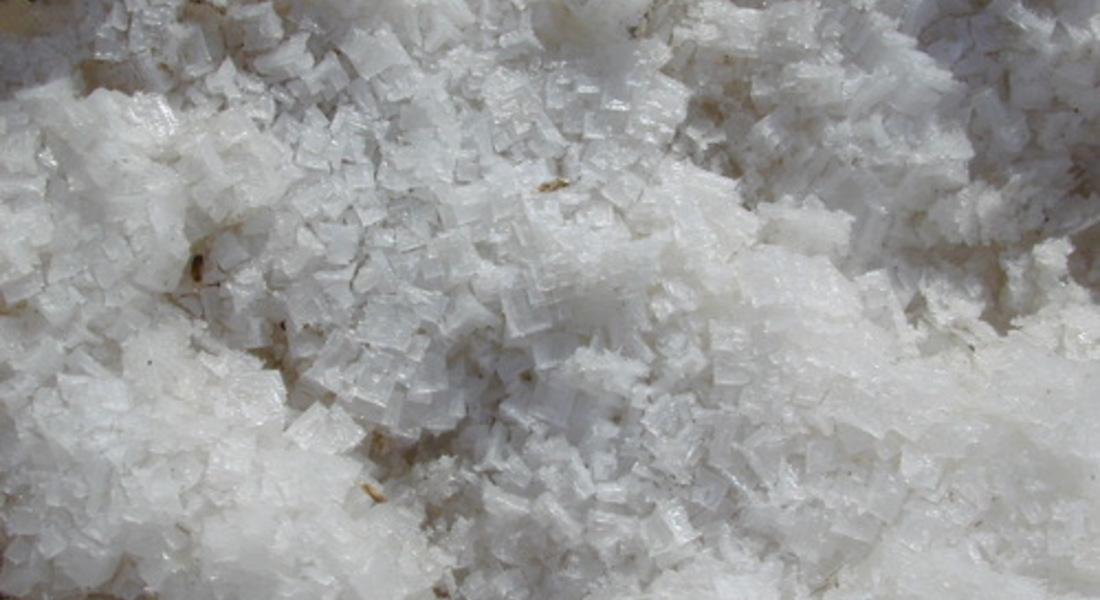We use cookies to help provide you with the best experience using our website.
If you're happy to accept cookies, continue to browse our site or click 'x' and we'll close this message.
Learn more
Treating asthma: add some salt?
Here are the facts about asthma in the UK:
- 5.4 million people are currently receiving treatment for asthma - that’s 1 in 11 children and 1 in 12 adults.
- Around 75% of hospital admissions for asthma are avoidable and as many as 90% of the deaths from asthma are preventable.
- The NHS spends around £1 billion a year treating and caring for people with asthma.
- Three people die every day because of asthma.
Having lived with someone with asthma for many years, I’m well aware of how deeply it can affect a person’s quality of life. So when I came across the claim that salt therapy is an effective treatment for asthma, I wanted to find out the facts myself.
In a newsletter from The Salt Cave, a chain of UK clinics providing “100% natural, effective, risk-free Salt Therapy treatments”, I read the following statement:
"Prescription drugs and inhalers may bring immediate relief, but Salt Therapy offers a long lasting effect as many visitors have testified. In most patients, after a course of Salt Therapy, airways become normal and symptoms ease. The treatment's efficacy is estimated at 75-98%."
This statement raised some questions: Who was trying salt therapy and were they also using other treatments when they tried it? How severe was their asthma? How many people had used it? What specific research supported this claim? Are these studies peer reviewed? I decided to get in touch with The Salt Cave, and Ask For Evidence behind their claim that salt therapy has an estimated efficacy at 75-98% in most patients. After a long wait and repeated emails I got a response. But I felt fobbed off, they sent me a link to a page on their website containing a long list of mostly Russian studies: most of which were about other respiratory illnesses and the few investigating asthma had small sample sizes and/or didn’t use control groups. When I asked for research to back up their specific claim they didn’t respond.
With the help of the team at Sense About Science, I was able to get in touch with Asthma UK, who directed me to their website containing information about complementary therapies for asthma, which includes using salt.
They informed me that it is important to emphasise that these are complementary treatments – not alternative therapies – meaning that they should not be used as alternatives to conventional treatments. This is because complementary therapies have not undergone the same amount of scientific scrutiny as conventional medicines, and therefore there’s not very much scientific evidence to show they work or that they are even safe. So back to my original question of whether to add salt or not for treating asthma, Asthma UK gives the following advice:
“The latest guidelines on the management of asthma don't mention salt pipes or speleotherapy as there isn't any scientific evidence to show that either may help asthma.”
Asthma is a major health concern for people in the UK. We need more accountability and transparency from companies claiming to have treatments or remedies, so that the proper scientific evidence for asthma treatments is made clear and accessible for people. Also, if you’re like me and want to be able to understand the different claims about asthma from clear and reliable evidence, check out the new guide from Sense About Science on Making Sense of Allergies.
Asthma UK advises that the best course of action is to always check with your GP or asthma nurse before trying a new complementary therapy.
This Ask for Evidence story was written by Eloise Johnston, a member of our Voice of Young Science Network
Image by Dawn Endico (CC BY-SA 2.0)



